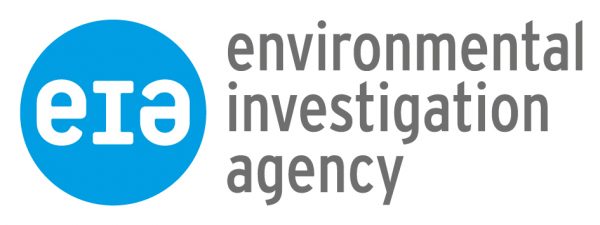Marsh Award for Wildlife Conservation
This Award is run in partnership with the Environmental Investigation Agency and recognises the work of an EIA local partner for them to use towards their activities and campaigns.
This Award recognises those who have made an outstanding contribution to wildlife conservation and who has furthered the work of their an EIA’s campaigns in this area.
The Wildlife Friends Foundation, Thailand 2022
The Wildlife Friends Foundation of Thailand is a partner in a regional project with EIA and Education for Nature Vietnam and is leading the documentation of the 54 facilities across Thailand that between them house over 1,900 tigers. This includes documenting the business operations, the status of the tigers, observing suspicious activity, examining linkages with tiger seizures and connections to tiger farmers and trade networks operating in and through Laos. This is part of an ongoing project set to run to the end of March 2024.
Any illegal or suspicious activity is reported to the Department of National Parks and other enforcement agencies to inform official inspections and investigations. WFFT have also been instrumental in advocating for reform of national legislation and regulations, strengthening penalties for illegal wildlife trade and will lead efforts to advocate for amendments to Thai legislation relating to the keeping, breeding and disposal of captive tigers.
As a wildlife rescue centre, WFFT have been asked to step in and take care of tigers from the Phuket Zoo, which has recently gone bankrupt. The 11 tigers have been housed in terrible conditions at the “zoo”, and WFFT are in the process of transferring them to their enclosures where the animals will enjoy lifetime care in more spacious enclosures with outdoor areas, good nutrition, veterinary care and peace. The need for WFFT to step in and rescue the tigers reflects the urgency for reform in Thailand, and the tragic story of these tigers will help raise the profile of the need for a tiger farm phase out plan.
WFFT is in a position of knowledge and experience to advise the Governments of Thailand and Laos on how to implement global objectives to phase out tiger farms responsibly. WFFT also rescues primates, elephants and other wildlife subject to the pet trade and tourist exploitation, whilst also gathering information on how the traders in threatened species operate. Combining trade investigation, campaigning and practical guidance on solutions, WFFT is key stakeholder in global efforts to hold Governments to account over their implementation of commitments under the Convention on International Trade in Endangered Species (CITES), to combat illegal tiger and other wildlife trade. Phuket Zoo is just the first facility and already WFFT have had enquiries from other facilities.





